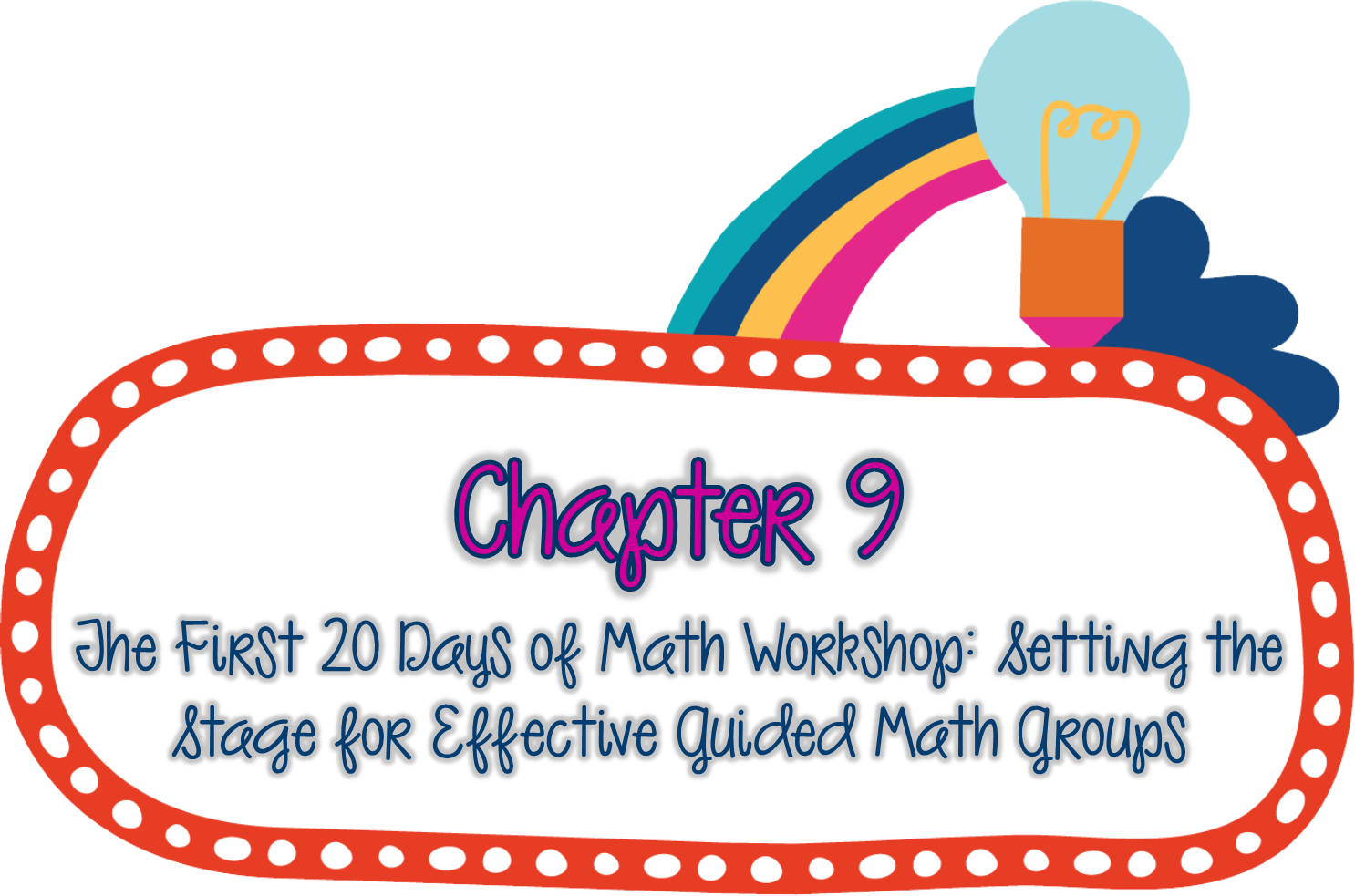Well, we are at the final chapter, and this book study is coming to an end. Thanks to Sarah and Courtney from Adventures in Guided Math for hosting the book study this summer!
For me, there were two key takeaways mentioned in the beginning of this chapter.
- Time. Persistence. Consistency. When getting started with math workshop it is important to keep these in mind.
- Dr. Newton mentions, "Make it comfortable for yourself!"
Getting Started ~ Week 1
It is important to set the foundation! The structure of math workshop is discussed so students can explain it in their own words. Time is spent exploring what math workshop will look like, sound like, and feel like. During this time, students explore what it means to be a good mathematician. Students will begin to understand their role as mathematicians. Students will see that they are expected to share their thinking through discussions and writing. They also will review their role as respectful listeners.
Week 2
At this time routines, procedures, and expectations are discussed. The parts of math workshop also are discussed. Students are introduced to what their role will be during routines, mini-lessons, and math centers. Modeling is important here. If things go awry, it is important to revisit the routines, procedures, and expectations!
Week 3
During this week additional time is given to practicing procedures and understanding the structure of math workshop so students can work independently of teacher support while guided groups are pulled. Once all the components of math workshop are put together, it is important to debrief with students how everything worked and what goals need to be set to ensure a successful math workshop. Time is given for students to practice transitioning, gathering materials for center work, and working with others during center time.
Week 4
Debrief. What does this mean to students? How has math workshop been going? What improvements need to be made? What needs to be clarified? It is important for students to reflect and summarize what they have learned. It is a time for math discourse and engagement of all students. Practice runs of math workshop occur this week to iron out any kinks and redirect students when/where necessary. Consistency in maintaining the structure of math workshop is essential!
Some things to think about and do to begin the journey...
- start slow and build with consistency
- create a lesson plan structure that is informative yet manageable
- "hot topic" centers/resources to help recycle/review skills
- continue to create preassessments that measure what students may already know to create groups of "best fit"
Things I will continue...
- meet students where they are so I can take them where they need to go (pg 9)
- make things work for my students with the time we have
- help my students view themselves as mathematicians
- foster questioning by students and have students work to discover their answers (Questioning Pencils - Click to view one of the questioning tools my students use.)


















